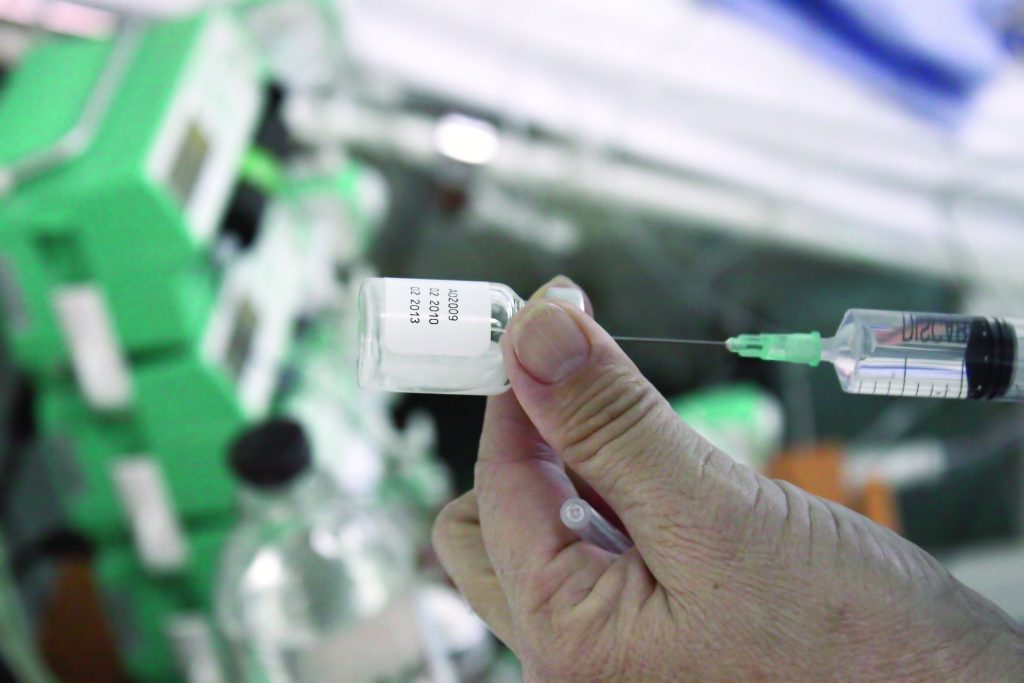News
Resistance is futile!
A targeted approach to prevent drug resistance in Acute Myeloid Leukemia
- Bioinformatics and AI
- Integrated Biobank of Luxembourg (IBBL)
- Translational Medicine Operations Hub (TMOH)

A Luxembourg Institute of Health (LIH) study in collaboration with the Cancer Research Centre of Toulouse (Inserm, France), involving Toulouse University Hospital, VIB Center for Cancer Biology, Leuven, the University of Geneva, The Alfred Hospital and the Monash University has identified key mechanisms responsible for the development of drug resistance in patients suffering from acute myeloid leukemia (AML). The results could pave the way for new combination therapies to inhibit relapse in patients following initially successful chemotherapy.
Acute myeloid leukemia (AML) is a cancer that starts when a rapid growth of atypical bone marrow cells (myeloid cells) begins to interfere with the production of normal blood cells. Even after an apparently successful treatment with chemotherapy, patients with AML often relapse due to the survival of cells with a highly active energy metabolism. The aim of the current study was to assess whether the combination of conventional therapies and drugs targeting cell energy metabolism could help to circumvent the resistance of cancerous cells to treatment.
In order to better identify potential treatment resistant cells, the researchers first devised a scoring system rating energy metabolism in the cell mitochondria (the part of a cell which is responsible for energy production) of humans and mice. A higher ‘MitoScore’ was given to the hyperactive cells that demonstrated resistance to conventional chemotherapy.
By closely studying these cells after a combined treatment of cytarabine with newly FDA-approved BCL2-targeted therapy venetoclax, key mitochondrial mechanisms were found to result in the development of treatment resistance. By targeting these different mechanisms using specific mitochondrial inhibitors, the researchers were able to substantially delay relapse after therapy. Furthermore, such resistance could also be prevented by alternating cytarabine and azacytidine in association with venetoclax.
The study, recently published in the journal Nature Cancer, suggests that the results of this work could lead to promising new combinatory therapeutic strategies in AML. Indeed, not only does the work provide a scientific basis for alternating chemotherapy treatments in patients with higher ‘MitoScores’, but the range of effective mitochondrial inhibitors substantially broadens the landscape for targeted therapies.
Researchers Nathalie Nicot and Tony Kaoma, from the Translational Medicine Operations Hub of the LIH, were both intimately involved in the study, providing expertise in Translational Medicine and Computational Biomedicine respectively. Their combined work has helped to highlight “the pivotal role of mitochondrial metabolism in therapeutic resistance, with the hope that future patients could benefit from improved treatment outcomes.”







